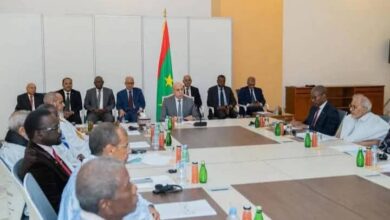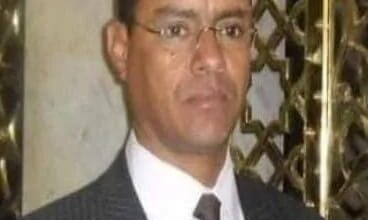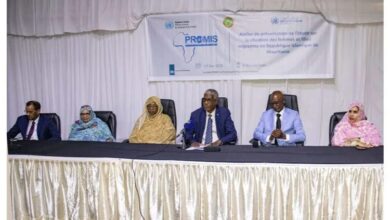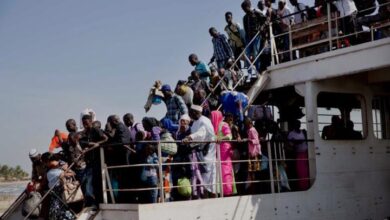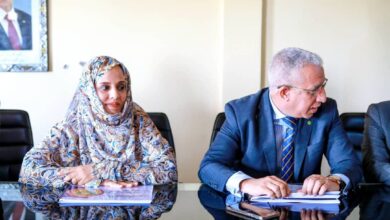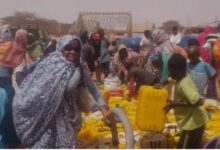Sustainable Injustice… In the Name of the “Marginalized Classes”—and on Their Backs!
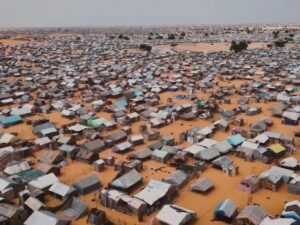
By: Mohamed Abdarahman
Abdallah, journaliste
Every season of national speeches brings back the term “marginalized classes”, adorned with flashy titles, surrounded by applause, and cloaked in seemingly revolutionary rhetoric. But upon closer inspection, this rhetoric is little more than political bait—quickly discarded once the crowds disperse.
While some proudly raise banners for “the Charter for the Political, Economic, and Social Rights of Haratins”, and promote slogans like “social justice” and “fighting injustice”, the discourse quickly narrows to a single component, excluding others who suffer no less from marginalization and pain. Justice, it seems, is tailored to order—serving predetermined interests rather than universal equity.
Worse still, these lofty slogans are soon hijacked by elites who do not represent the very bases they claim to defend. Elites who live in towers, attend ceremonies, pose for photos, and then return to their offices and positions—leaving behind a youth stranded between dreams of empowerment and the nightmares of political exploitation.
Do Haratin youth—or any other marginalized group—really need another round of old slogans repackaged? Or do they need real opportunities: quality education, dignified employment, access to financing that lifts them from poverty, and free spaces to express their own identities—not someone else’s agenda?
The danger of this kind of rhetoric lies in turning social suffering into political capital. It replaces practical solutions with grandstanding, making marginalization itself a commodity. The grievances of the forgotten are reduced to seasonal festivals—carefully organized, quickly forgotten.
It’s time we asked the hard question:
Who benefits from the persistence of injustice? Who fears these problems might actually be solved?
Those who chant slogans without offering solutions are not much different from those who silently perpetuate injustice. Between silence and grandstanding, rights are lost, opportunities aborted, and young people remain the eternal victims of a game that long ago lost all innocence.


